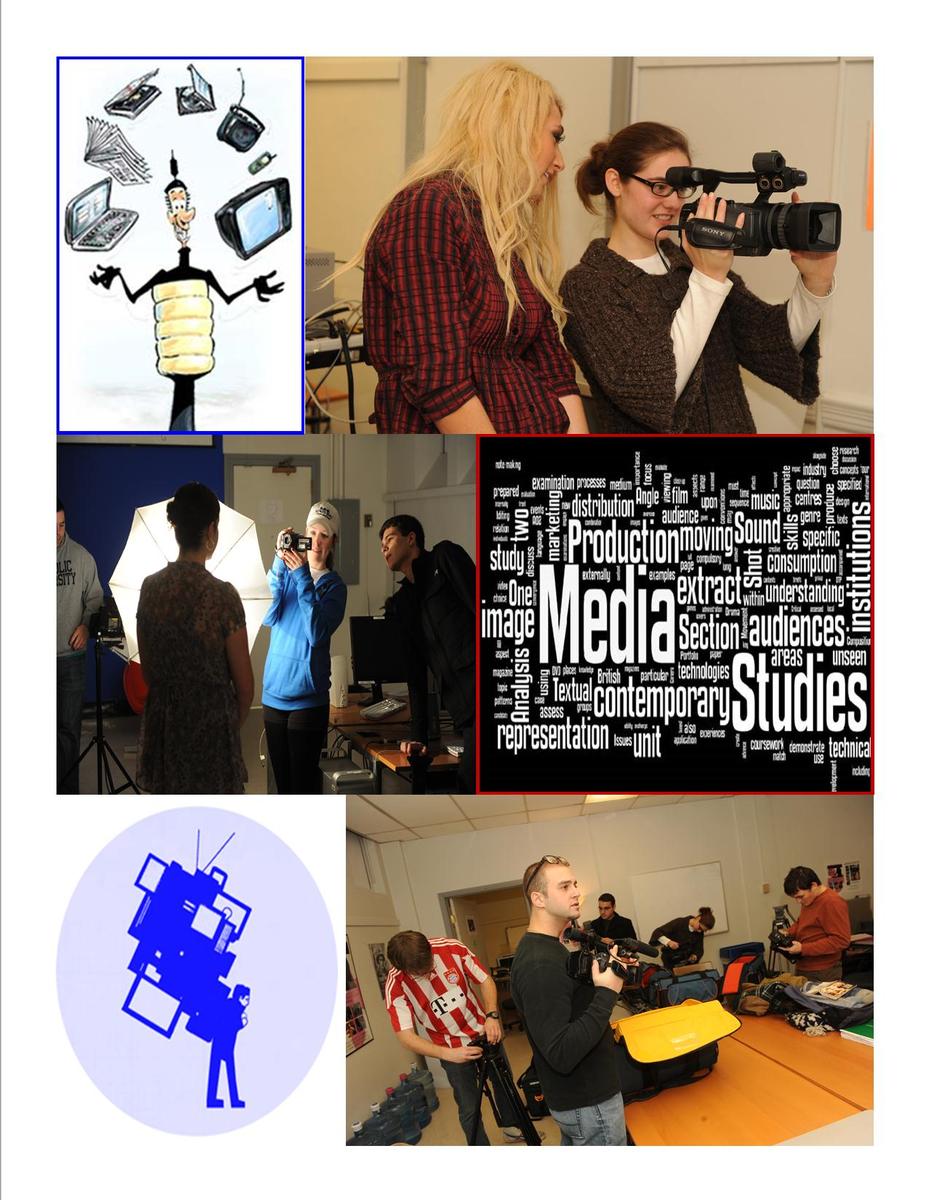
Media Literacy and the whole person
“The channels of social communication, even though they are addressed to individuals, reach and affect the whole of society. They inform a vast public about what goes on in the world and about contemporary attitudes and they do it swiftly….
“Even today there is a great deal that must still be learnt about the present media and how the fullest use can be made of them, in education particularly and indeed at every level. There is room for study, in much greater depth, of the effects of social communications on different cultural environments and on different types of people…. Universities, whether of new or ancient foundation, have an open field before them.”
– “Communio et Progressio” (1971)1
The mission of The Catholic University of America’s Department of Media Studies is to provide a humanities-centered education in media literacy as part of an intellectual and moral foundation for students who will become lifelong interpreters, users and makers of mediated texts. Media literacy entails the ability to communicate effectively and to act in critical and informed ways within a world increasingly mediated, shaped and filtered by proliferating modes and channels of communication. Media literates of the present century cannot be satisfied merely to describe media forms and analyze media texts — though these skills are crucial. They must also be empowered with a thoughtful, ethical sense of their own roles within today's global systems as well as within their local communities.
The Media Studies curriculum emphasizes the cultural and historical specificity of media as well as its many contemporary forms, such as print, cinema, broadcasting, and the Internet. A distinctive feature of Media Studies at CUA is the centrality of rhetoric within its academic program, a commitment that draws upon the classical ars rhetorica as one means of creating and analyzing effective communication in such areas as politics, journalism, and advertising. The methods and perspectives of contemporary cinema and cultural studies, with their potential for disclosing political, economic, and social forces at work in human communication systems, complement and extend this approach. As an additional means of cultivating media literacy, the department offers courses in media production designed to correspond with its liberal arts core. Media Studies faculty members actively conduct and publish research and work as media professionals in areas closely tied to this teaching mission.
"... a humanities-centered education in media literacy as part of an intellectual and moral foundation for students who will become lifelong interpreters, users and makers of mediated texts.”
The work of the Media Studies department directly supports the mission of The Catholic University of America, as its distinctive humanities approach to media literacy “seeks the advancement of knowledge within a context of liberal studies,” and inherently reflects a “concern for the whole person.”2 As part of CUA’s academic community, it is likewise committed to “discover, preserve and impart the truth in all its forms,” aiming at a nuanced understanding of the ways that mediated communication relates to the forms truth may take. Just as CUA prizes its Washington presence as giving it “opportunities for influencing the resolution of the crucial issues of our time,” the Media Studies department uses its position in the nation’s capital to develop key internships and career placement for students as well as to engage in programmatic, co-curricular, and research initiatives unique to the area. The program further seeks to exemplify the Catholic mission and identity of CUA through collaboration with other units of the university in projects addressing social justice and underserved populations in the District of Columbia.
_________________________________________________________________
1 Pastoral Instruction on the means of social communication written by order of the second Vatican Council. See http://www.vatican.va/roman_curia/pontifical_councils/pccs/documents/rc_pc_pccs_doc_23051971_communio_en.html
2 See https://www.catholic.edu/about-us/at-a-glance/aims-and-goals.html
